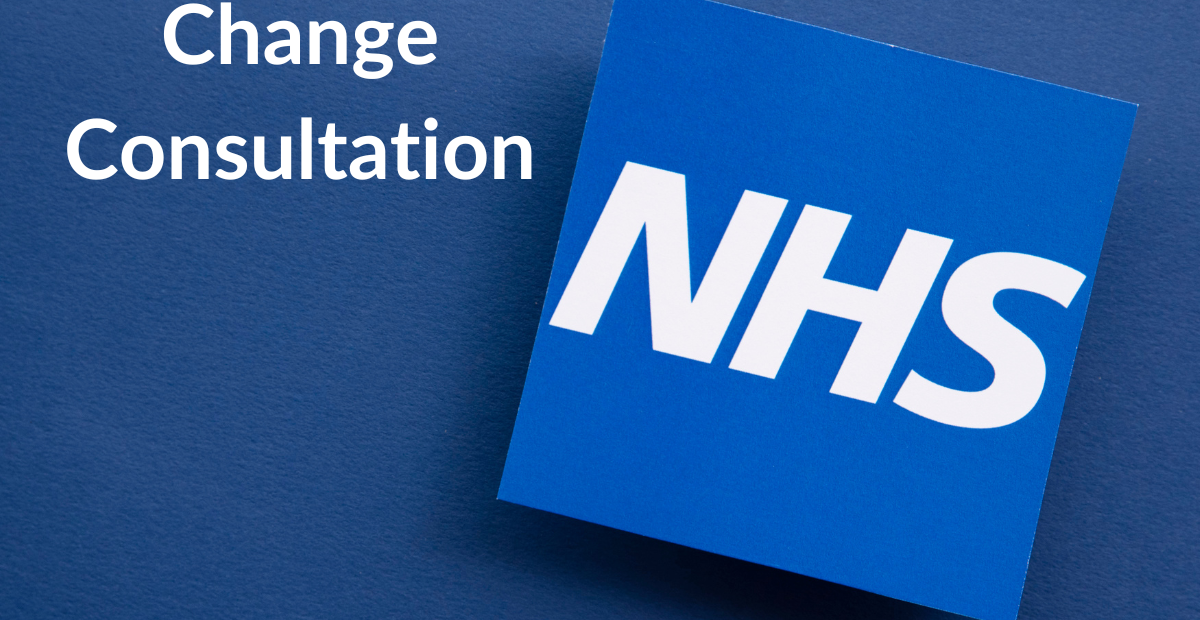


Browse Our Newsletter
Healing Systems, Not Just People: Healing Health Inequalities
Read more

What is the NHS Consultation?
We explain the recently-published NHS consultation and why it’s important your voice is heard. The NHS consultation was launched by the government last month as part of their urgent focus on reforming the National Health Service.
Soon after the new government was elected, the health secretary, Wes Streeting commissioned Lord Ara Darzi to conduct the Independent Investigation of the NHS in England, to assess the current state of the NHS and identify key challenges and areas for improvement. Darzi’s review informs the current consultation, based on the problems and needs identified, the consultation invites all members of the public to share our experiences and ideas for solutions.
Why is this important to respond?
Some points Darzi’s report highlights are that waiting lists for community services and mental health have surged and that this has been normalised, people are unable to see their GP, particularly in deprived communities and waiting times for hospital procedures have ballooned with 2.4 million people now waiting for treatment.
This is the reality we all know and experience daily. But some causes are also defined by Darzi’s report and this is why we need to come together and challenge for change: ‘The NHS budget is not being spent where it should be – too great a share is being spent in hospitals, too little in the community, and productivity is too low’.
How can I change anything for the better?
The current consultation focuses on three main shifts that we have already been advocating for:
These will be the key themes of the NHS 10-Year Plan, also known as the NHS Long-Term Plan, which will be published early next year. We support these changes as essential because they are responsive to what our Residents and Participants have shared as vital needs; care in their community that is accessible, timely and efficient. These are fair and reasonable requests that as a society, we must normalise instead of the inaccessibility and barriers Darzi says the NHS has normalised.
Lack of patient voice is what causes health inequalities. The correlation between poor physical and mental health is not because of skin colour or gender but because characteristics like these are used to ‘other’ groups of people who do not look and sound like the majority. This causes vulnerabilities but when anyone at all is unwell, physically or mentally, they become vulnerable. To be unheard in this situation is detrimental and it is why now, we must take the opportunity to be heard on a platform that has become available to us, the NHS consultation.
Our contribution is important to demand not just improved but inclusive services, that move us towards equitable care for all our society. We want empowered and healthy communities but this vision of a just society requires social equity in healthcare. As an organisation, we will submit a collective response incorporating the experience and knowledge of our staff, residents and participants. We see this as a crucial step in re-establishing public ownership of the national health service.
Raje Ballagan-Evans, Policy and Impact Manager